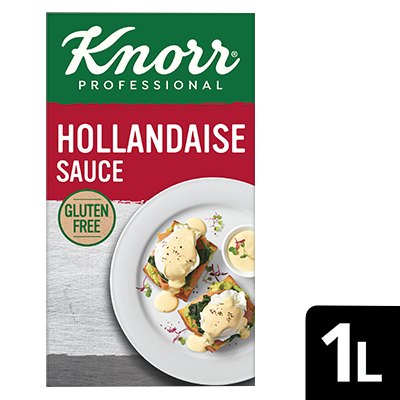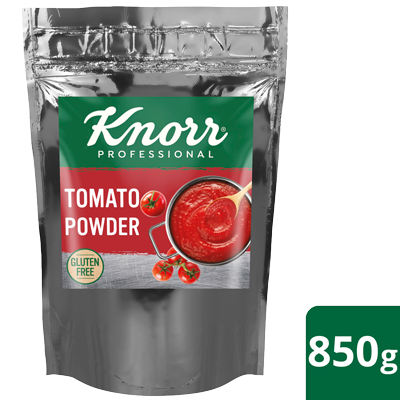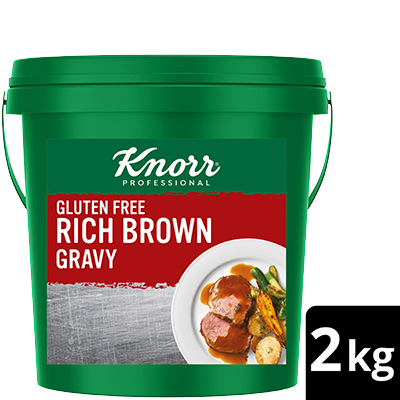Posted on Thursday, 25ᵗʰ April, 2024

In preparation for the strengthened aged care Standards, Comcater is hosting a series of events to help aged care chefs, food service managers and kitchen staff understand how changes to the standards impact food and food service in aged care.
Unilever Food Solutions attended the Sydney event in March, where Anchor Excellence Specialist Consultant Andy Calwell presented the updated aged care Standards.
The updates are a direct response to the Australian aged care Royal Commission and aim to further improve the standard of care for elderly Australians.
They are scheduled to come into effect nationally on July 1, 2024, but this date is yet to be confirmed.
What is in the update?
There are two major changes to the standards, and are related to food and nutrition in aged care.
- The first change is the revision from eight to seven standards, with more emphasis on the individual person in care.
- The second change - and more significant for aged care chefs - is the introduction of Standard 6: Food and Nutrition.
This means that there is now a dedicated standard for food and nutrition, outlining clear outcomes and actions for aged care food service providers to follow. The outcomes defined in the standards will be used as part of the assessment process for aged care facilities.

Each standard is structured with the following framework:
- Intent of the standard
- Expectation statement of the individual
- Outcomes the provider will be assessed with, and
- Actions providers can take to meet the outcomes.
The importance of Standard 6, Food & Nutrition
There is a statement and four outcomes provided under Standard 6, Food and Nutrition:
Intent of the standard:
Standard 6 is intended to apply only to residential care services.
Expectation statement:
I receive plenty of food and drinks that I enjoy. Food and drinks are nutritious, appetising and safe, and meet my needs and preferences. The dining experience is enjoyable, includes variety and supports a sense of belonging.
The four outcomes are:
6.1 Partnering with older people on food and nutrition
6.2 Assessment of nutritional needs and preferences
6.3 Provision of food and drink
6.4 Dining experience
Under each of these top-level outcomes are an outcome statement as well as actions which aged care providers can use as a checklist to ensure standards are being met at all times.
For example, Outcome 6.4 looks like this:
Outcome 6.4: Dining experience
Outcome statement:
Older people are supported to eat and drink.
The dining experience meets the needs and preferences of older people to support social engagement, function and quality of life.

Actions:
6.4.1 The provider supports older people to eat and drink, including by:
- making sufficient workers available to support older people to eat and drink
- prompting and encouraging older people to eat and drink
- identifying older people who require support to safely eat or drink
- physically supporting older people who require support to safely eat and drink as much as they want, at their preferred pace.
6.4.2 The dining environment supports reablement, social engagement and a sense of belonging and enjoyment.
6.4.3 There are opportunities for older people to share food and drinks with their visitors.
The full Strengthened Aged Care Quality Standards Final Draft November 2023 document is available for all details to be reviewed before its introduction later this year.
Due to the tangible and actionable nature of the strengthened standards, it is expected the changes will be instrumental in assisting aged care facilities to evaluate their service and make improvements in specific areas.

Disclaimer: The content of this article is created for inspiration purposes only. It is not intended as clinical, medical or nutritional advice.














